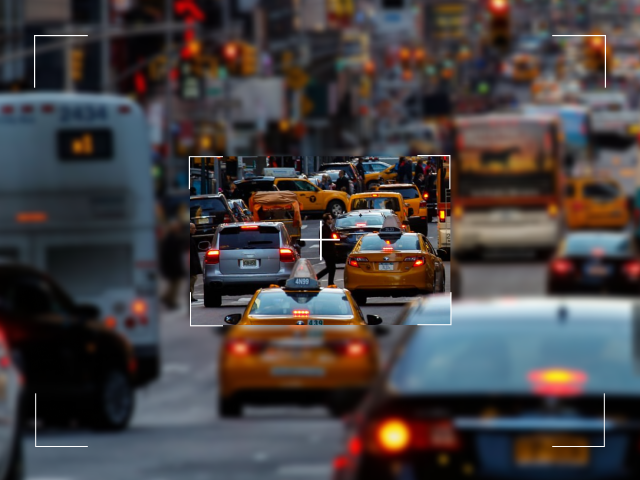Two stories caught my eye this week.
The first was the revelation by the chief of Australia’s domestic spy agency, ASIO, that a serving politician was recruited by a foreign espionage service, reported to be China, while still a member of the Parliament.
The second is that by 2040 Southeast Asia’s infrastructure investment needs are expected to top three trillion dollars.
What do these two stories have in common? They show, in their different ways, that national security threats of the future lie at the intersection of economic necessity and opportunism.
Bear with me.
The revelation by ASIO boss Mike Burgess that an unnamed Australian politician was recruited by China was shocking, but not surprising. Shocking, because it was the closest Mr Burgess has come to actually naming a foreign spy. Unsurprising that the recruitment of an Australian politician is the logical endpoint of the kind of problem ASIO and other Western intelligence services have been warning us about for the better part of a decade, namely, that Chinese foreign interference is occurring at industrial levels.
That interference is aimed at every level of society, - government, media, business, the military, the public service, right down to community groups. But naturally, the most concerted and troubling efforts are going to be leveled at those institutions where decisions are made and raw power is exercised.
The Burgess revelation dominated the headlines, and rightly so.
Even though we know it’s happening, there’s something deeply shocking about a person betraying their country, especially someone who’s been elected by the public to serve it.
To recruit a spy in a federal or a state parliament (Burgess didn’t say where the now-retired politician served) is a coup for any foreign intelligence service. Depending on where their source is, they could gain access to invaluable political, economic, and perhaps strategic intelligence.
But the fact is the ancient art of spying has to a large degree left the carparks and the checkpoints, the misty bridges and the cobblestoned alleys and gone online. Yes, China’s spooks are still interested in our politicians and our public servants, but the truth is you’re much more likely to be approached on LinkedIn than you are at a hotel cocktail bar in the wee small hours of the morning.
Burgess said this too, although it tends to get much less play in the media. This trend has been underway for a while, but like a lot of digital transformation it was supercharged by the pandemic, when billions of people were locked down and whole industries had to figure out a way to do their jobs from home, spies included.
In other parts of the world, spying is different still. In the developing world, the Great Game is largely being fought over tech and critical infrastructure. Subsea cables, 5G networks, data storage and processing networks.
It’s not hard to see why.
Turn a politician and you get the politician plus whoever he or she speaks to. Compromise the telco network and you net a quantum gain in intelligence collection.
This brings me to the second factoid. According to a report commissioned by the Australian government, Southeast Asia’s infrastructure investment needs will reach three trillion dollars by 2040. A lot of that will be in the form of airports, bridges, roads, and seaports.
But a lot of it will come in the form of digital infrastructure.
One of the fastest-growing digital sectors is the cloud sector. According to Nikkei total spending on cloud services in Southeast Asia topped $US2.18 billion in 2022, up 25 percent from the year before. The economies of the Philippines, Thailand, Vietnam, and Indonesia are averaging cloud sector growth rates of around 30 percent, which is slightly above the global average of 29 percent.
As the AI revolution continues, expect cloud sector growth to boom as emerging AI applications make ever-larger demands on computing power. In the West, legacy tech firms like AWS and Microsoft have got a lock on the market. But in Southeast Asia, Chinese companies like Alibaba and Huawei are making aggressive plays.
What does that have to do with security? Everything. As China competes for control over what has become an increasingly important strategic asset, compromising the hardware or the software becomes an ever more important goal.
Here’s another factoid for you: China announced this week it would set an annual growth rate of around 5 percent, down considerably from the boom years when China regularly clocked growth rates of 10 percent or more, but still enough to account for around one-third of global growth.
As the Chinese economy continues to expand, Beijing will increasingly be forced to export supply to keep the economic engine running. (This, incidentally, is part of the impetus behind its Belt and Road Initiative - a need to export surplus labor and investment capital.)
That means more Chinese capital looking for a home outside China just as demand for capital investment in strategically vital tech sectors like cloud computing is soaring across Southeast Asia. That poses potentially grave risks for the security of Asia’s emerging digital economy and the critical infrastructure it relies on.






